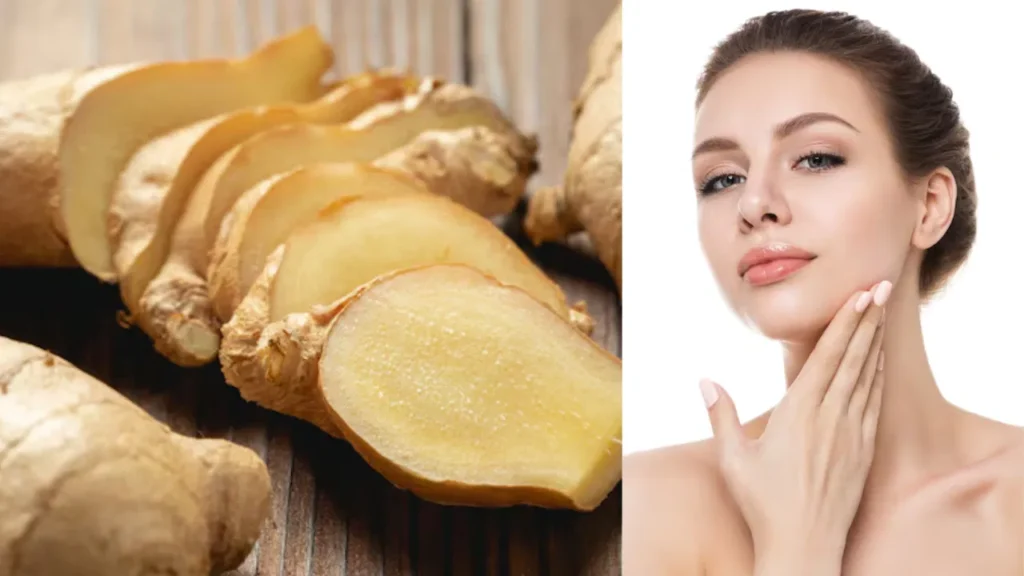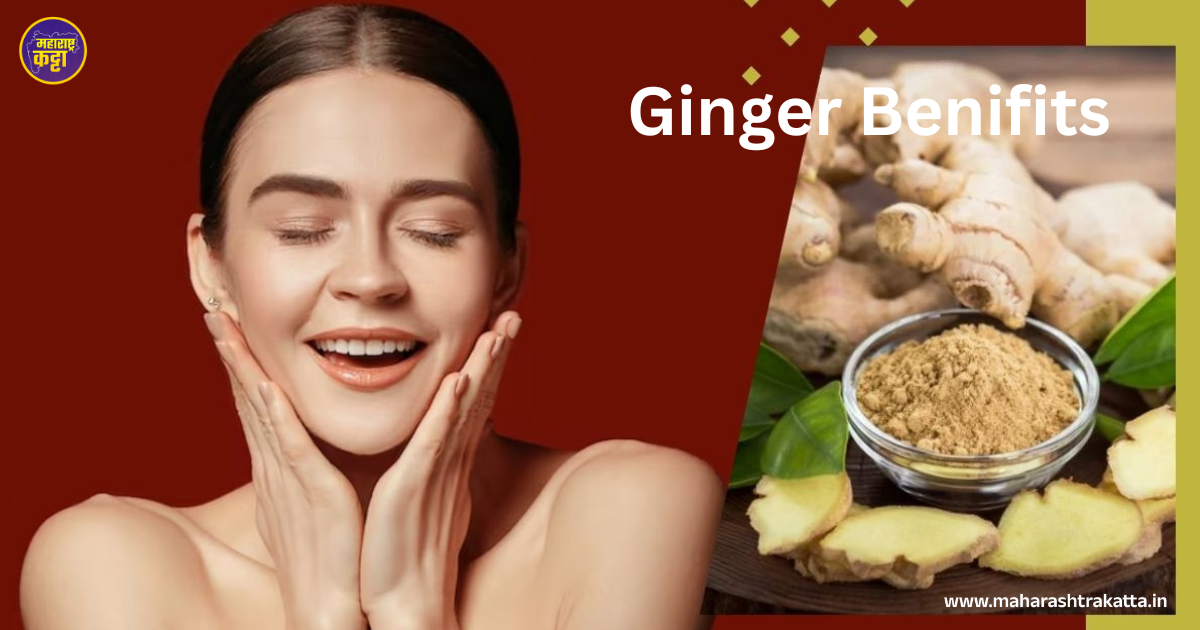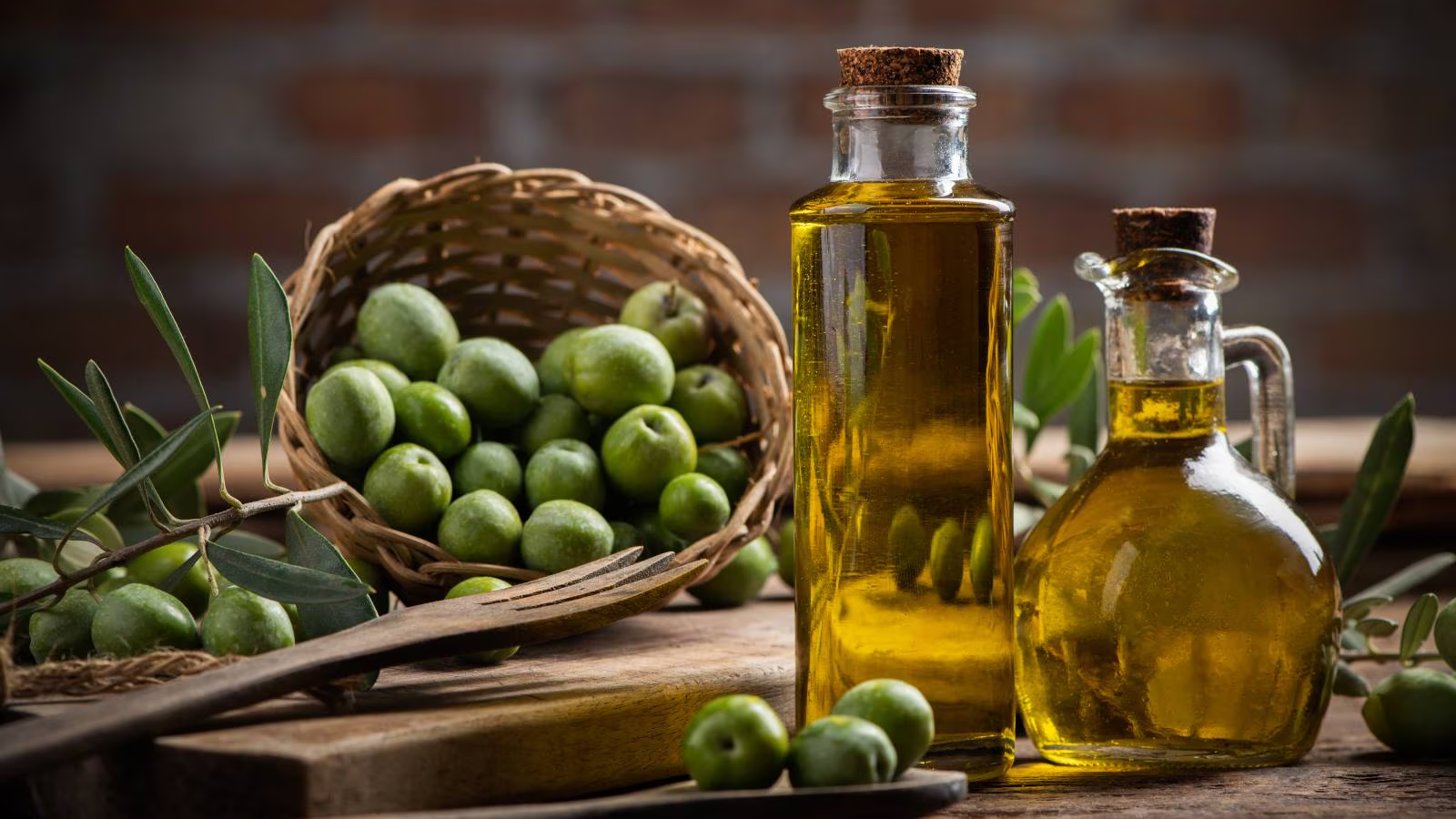Ginger’s Wonders: Skin Glow, Digestion & Weight Aid
Ginger (Zingiber officinale) has long been a pillar of traditional medicine, held in high esteem for its strong anti-inflammatory and antioxidant properties. Contemporary research affirms these benefits, emphasizing ginger’s ability to nourish the skin, ease digestion, and help with weight management.

Skin Benefits of Ginger
- Promotes Radiant Skin
Ginger contains antioxidants that fight oxidative stress—main culprit in premature aging. Regular use may result in healthier skin elasticity and natural radiance. - Eradicates Acne and Pimples
Its antibacterial activity is beneficial in inhibiting acne-inducing bacteria, and its anti-inflammatory activity calms red skin. - Fades Scars and Dark Spots
Ginger’s active constituents may help balance the skin tone and reduce the appearance of scars in the long term.
Digestive Benefits
- Improves Digestive Efficiency
Ginger increases saliva and bile production, promoting smoother digestion and nutrient absorption. - Relieves Nausea
It’s especially effective against motion sickness, pregnancy, and chemotherapy-induced nausea. - Relieves Gastrointestinal Discomfort
By relaxing the gastrointestinal muscles, ginger can help alleviate bloating, gas, and cramps.
Weight Management Support
- Increases Metabolism
Ginger increases thermogenesis, calorie burn, and helps in weight loss attempts. - Appetite Suppression
Ginger consumption can result in decreased hunger, aiding in caloric control. - Maintains Blood Sugar Levels
A stable blood sugar level is essential for weight control, and ginger helps maintain this balance.
Adding Ginger to Your Diet
Ginger Tea: Boil sliced fresh ginger in water; add lemon or honey for taste.
Smoothies: Mix ginger with vegetables and fruits for a spicy kick.
Cooking: Grate or slice ginger into stir-fries, soups, and marinades.
Precautions
Although ginger is typically safe, its excessive use might cause heartburn or interact with some medications. Seek advice from a healthcare practitioner if you’re taking medication or have pre-existing medical conditions. Nutritional Content of Ginger
Ginger contains rich nutrients with the following advantages:
Gingerol: Strong anti-inflammatory and antioxidant agent.
Vitamin C and B6: Enhances immune function and brain health.
Potassium and Magnesium: Maintains cardiac health and muscle function.
Dietary Fiber: Maintains healthy digestion.
These compounds render ginger an integrated supplement for regular nutrition.
Extra Benefits to the Skin
- Slows Aging of the Skin
The antioxidant compounds in ginger cancel out injurious free radicals, thus impeding the degrading breakdown of collagen. This keeps the skin taut, youthful, and creaseless. - Enhances Circulation of the Blood
Ginger enhances circulation of the blood to the skin, which in turn makes the skin look fresh, rosy, and vibrant. Better blood flow also stimulates healing in the skin. - Calms Skin Irritations
Ginger extracts are applied in numerous topical remedies for alleviating eczema and other skin irritations. A homemade ginger and honey face mask can calm redness and revive dull skin.
Strengthens Immunity
Ginger has compounds that:
Fight infections by suppressing the growth of disease-causing bacteria and viruses.
Boost the immune system to minimize the occurrence of colds and flu.
Assist in alleviating sore throat and nasal congestion when taken as tea or as a vapor.
Improves Brain Function
Chronic inflammation and oxidative stress are significant contributors to aging-related cognitive impairment. Ginger’s antioxidants combat these processes, potentially lowering the risk of diseases such as Alzheimer’s and Parkinson’s.
Maintains Heart Health
Daily consumption of ginger may:
Decrease levels of “bad” LDL cholesterol.
Enhance blood flow.
Decrease blood pressure and inhibit clotting.
Decrease oxidative stress, which is a contributor to cardiovascular disease.
Ginger Tea Recipes
- Classic Ginger Tea
Boil 1 cup water with 1 tsp fresh ginger grated.
Steep for 5–10 minutes.
Add lemon or honey (optional).
Drink warm, particularly in the morning.
- Detox Ginger-Lemon Tea
Combine ginger, lemon juice, warm water, and a pinch of cayenne pepper.
Best for liver detox and increasing metabolism.
- Ginger-Tulsi Herbal Tea
Boil tulsi (holy basil) leaves with grated ginger.
This addresses respiratory problems and enhances immunity.
Ginger in Ayurveda
Ginger is a “universal medicine” called Vishwabhaishajya in Ayurveda. It balances the three doshas, Vata, Pitta, and Kapha. It is commonly used for:
Increasing digestive fire (Agni)
Relieving colds, flu, and headaches
Relieving menstrual pain and cramps
Ginger for Women’s Health
Reduces Menstrual Pain: Drinking ginger tea during menstruation may decrease cramps and discomfort.
Hormonal Balance: Ginger aids in hormonal regulation, particularly in perimenopause.
Enhances Fertility: It boosts blood flow to reproductive organs.
Ginger for Joint and Muscle Pain
Due to its anti-inflammatory nature, ginger:
Relieves arthritis symptoms and joint stiffness.
Lessens muscle soreness after exercise.
Assists in chronic pain management without side effects such as NSAIDs.
Ginger for Better Sleep
A warm ginger tea consumed before sleep can:
Soothe the digestive tract
Relax muscles
Induce deep, restful sleep
Ease nighttime bloating or discomfort
Seasonal Use of Ginger
Winter: Warms the body, protects against flu and cold.
Monsoon: Avoids water-borne diseases and aids digestion.
Summer: When taken in small quantities with lemon, supports digestion without heating.
Ginger Mixes for Well-being
Ginger + Lemon: Detox and weight reduction.
Ginger + Turmeric: Anti-inflammatory and painkiller.
Ginger + Honey: Boosts immunity and relieves sore throat.
Ginger + Garlic: Cardiovascular health support and immunity boost.
Ginger Research
A paper that appeared in Phytotherapy Research (2015): Demonstrated that ginger taken daily as a supplement decreased muscle pain and soreness due to exercise.
A 2020 meta-analysis published in Journal of Nutrition: Indicated that ginger lowered body weight and waist-to-hip ratio significantly.
Harvard Health Publishing also recommends ginger for its digestive and anti-nausea action.
Mastering the First Impression: Your intriguing post title goes here –




















Post Comment